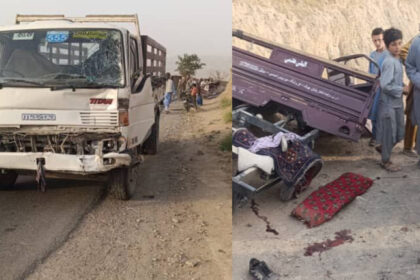RASC News Agency: Sher Mohammad Abbas Stanekzai, the political deputy of the Taliban group’s foreign ministry, recently shared his perspectives on girls’ education in Kabul. During a program on December 7th, commemorating student graduations, Stanekzai underscored the significance of reopening girls’ schools beyond the sixth grade, asserting its importance for both the people of Afghanistan and the international community.
Stanekzai elaborated that the closure of schools for girls above the sixth grade has impeded the international recognition of the Taliban group and led to a division between the people of Afghanistan and the group. He firmly asserted that education is a fundamental right for all individuals, irrespective of gender, emphasizing that a society neglecting the benefits of education remains in darkness and stagnation. To enhance relations with both the local population and the global community, he emphasized the imperative of opening girls’ schools as the ultimate solution to prevailing challenges.
Despite the Taliban group imposing numerous restrictions on women and girls in Afghanistan, including the denial of education beyond the sixth grade, Stanekzai’s statements have triggered global reactions. Authorities worldwide have advocated for the reopening of schools and universities for girls, recognizing education’s pivotal role in empowering individuals and fostering progress. The Taliban’s stance on girls’ education continues to be a subject of concern and debate on an international scale.
It is crucial to highlight that the international community consistently conveys to the Taliban the necessity for their recognition to be linked with the removal of restrictions imposed on women and girls, granting them the freedom to pursue education and employment opportunities.
Nevertheless, it is noteworthy that the Taliban has consistently rejected these demands, asserting that the rights of women and girls in Afghanistan are already safeguarded under the principles of Islamic Sharia. They further emphasize the avoidance of external interference in Afghanistan’s internal affairs.






